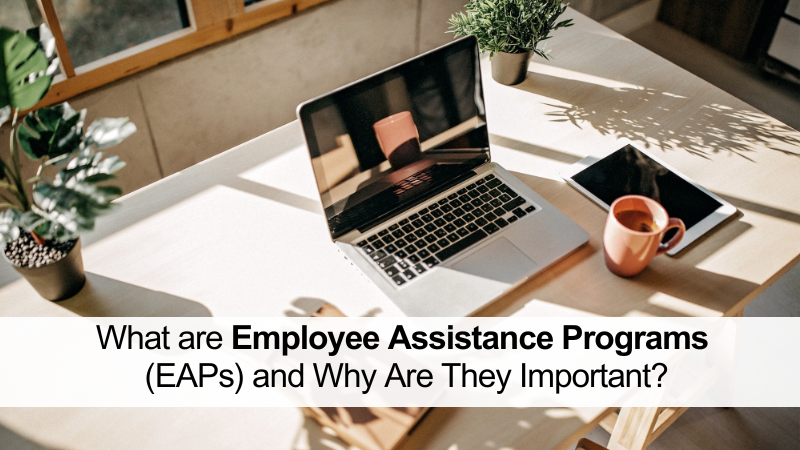Does this question makes you nervous? then keep reading. Are you pretending you are good enough but find yourself constantly working harder to prove it? Sometimes can you not even start something because you’re so worried about failing?. If so it’s likely that you’re a perfectionist. It can lead to procrastination, anxiety, addiction and is linked to a whole range of disorders such as eating disorders, chronic fatigue, social anxiety and more.
It’s a trait that is becoming more common and more problematic. I was listening to a discussion about the urgent need to address mental health among our elite sportsmen and women, it was about AFL players. Like other elite athletes they are measured against external performance expectations by teams of people, their every move is scrutinised on and off the field, there is drug use and behavioural issues all indications of mental health issues.
Perfectionism is a trait among elite athletes, when it’s used positively it helps them excel, but it can get out of control. It’s the same for you and me. We know when negative perfectionism has taken hold when:
- We measure ourselves against unrealistic standards and feel unworthy because we don’t achieve the standard, or if we do, we move the goals because it was too easy, we aren’t really worthy.
- We try to meet externally applied perfectionistic standards, eg through social media, the gym, parental expectations, and we internalise them, make them our own.
- We avoid doing things if there’s a chance of making mistakes, we procrastinate, check and recheck our work.
Working with perfectionism is possible – it doesn’t mean lowering standards necessarily, it means setting goals based on what you really want to do, you are drawn to achieve and enjoy the process of getting there. You also develop perspective about the need for success are tolerant of failure, and you have compassion for yourself. We are all flawed.
Imperfection is the norm. Yes, you are good enough.
CONTACT US
If you want additional support, ACT Curious can connect you to a behavioral therapist that meets your needs. You can get started today if ACT Curious EAP is offered by your employer.
DISCLAIMER: The content of this blog is not intended to be a substitute for professional medical advice, diagnosis, or treatment.
ABOUT THE AUTHOR
Michelle Trudgen Director, ACT Curious.
copyright: 29 March 2019






